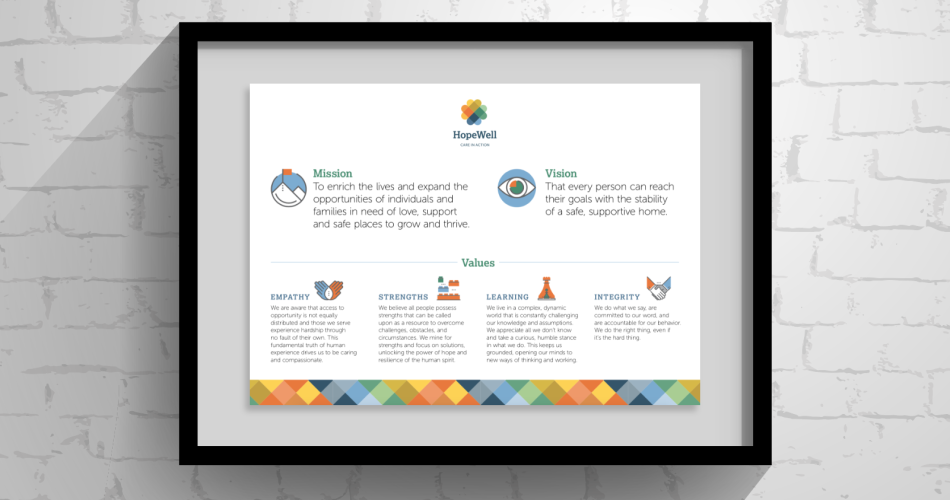The digital age has ushered in a remarkable era of connectivity and accessibility to information. In this digital landscape, online resources have become invaluable tools for learning, personal growth, career development, and so much more. In this blog, we’ll explore the vast world of online resources, their significance, and practical ways to harness their potential to expand your knowledge and horizons.
The Digital Treasure Trove
Online resources encompass a wide range of digital platforms, websites, and tools that offer information, education, and opportunities. Some common categories of online resources include:
- Educational Platforms: Websites like Coursera, edX, Khan Academy, and Udemy offer courses on a variety of subjects, from science and technology to arts and humanities.
- Academic Databases: Online libraries and academic databases like JSTOR, PubMed, and Google Scholar provide access to a wealth of research papers and scholarly articles.
- Ebooks and Audiobooks: Platforms like Amazon Kindle, Audible, and Project Gutenberg offer digital books that can be accessed on e-readers, tablets, or smartphones.
- Podcasts and Webinars: Audio and video content on platforms like Spotify, Apple Podcasts, and YouTube cover a wide range of topics, including education, entertainment, and self-improvement.
- Coding and Development Tools: Websites like GitHub and Stack Overflow provide tools and resources for programmers and developers.
- Open Courseware: Many universities and institutions offer free access to their course materials and lectures, allowing learners to access world-class education from home.
The Significance of Online Resources
- Accessibility: Online resources break down geographical and economic barriers to education and information. They are available to anyone with an internet connection.
- Flexibility: Online resources are often self-paced, allowing learners to customize their education around their schedule and learning style.
- Diverse Content: You can find resources on virtually any topic imaginable, from academic subjects to hobbies and practical skills.
- Cost-Effective: Many online resources are free or significantly cheaper than traditional educational materials and services.
- Continuous Learning: Online resources promote lifelong learning by providing a convenient way to acquire new skills and knowledge.

